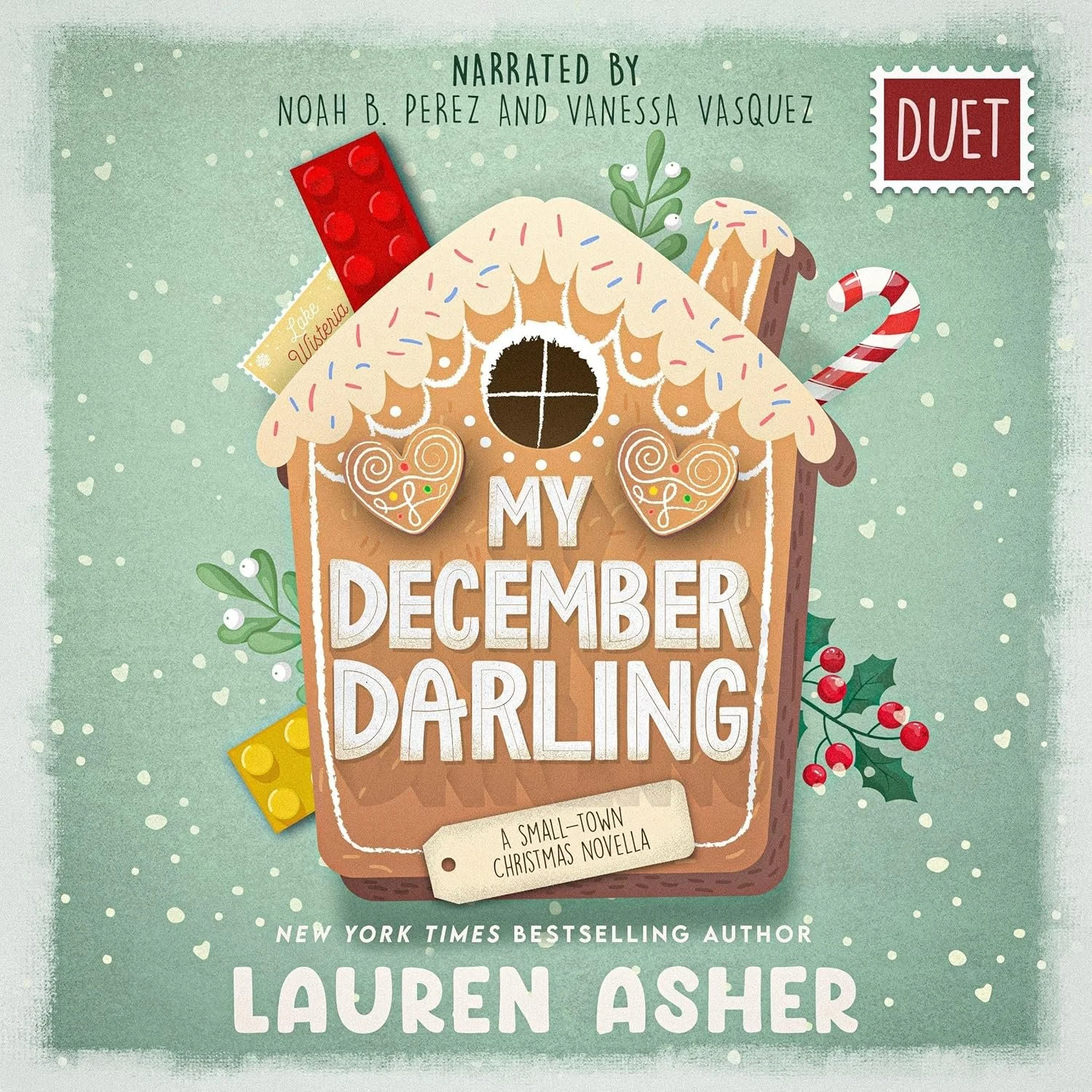How Will Machine-Written Books Change the World of Fiction?
/Writing a novel or any type of fiction writing can be difficult, especially for novice writers. The task of developing a narrative structure and closing it with a logical conclusion several hundred pages later is something that requires talent and patience.
However, some of the more recent developments in writing have proven that these writers have some serious competition to think about. Machine-learning technologies have enabled algorithms to write “new” novels, short stories or even entire encyclopedias based on raw information and no human input.
This development raises concerns about the future of fiction writing as a whole. Will these machine-written books change the landscape of fiction writing or is it just a passing trend?
The ups and downs of fiction writers
Before we talk about machine writing, we need to understand the nature of fiction writing in general. Fiction writers are highly creative, disciplined and persistent people. They are able to dedicate months or years of their lives to developing fictional worlds that can captivate the audience’s attention.
A notable example of this niche is J.K. Rowling with her Harry Potter series which took the world by storm and continues to break sales records. However, the process of writing such a magnum opus is not without difficulties. Writers often face writer’s blocks, depression, self-doubt and in some cases alcoholism or drug abuse. Some of the most famous works by Stephen King were written under the influence of narcotics.
These are only a few notable examples of how fiction writing takes a toll on the person responsible for it. While it can be highly rewarding and enjoyable, it can also be stressful and fraught with pitfalls.
On machine writing
What is machine writing all about? In essence, machine writing represents a process in which a computer algorithm analyzes raw data and creates something new out of it. Let’s take a look at a simple process of machine writing so we can better understand it:
Inserting a piece of writing (or several) into an algorithm starts the process of machine learning.
As the algorithm becomes “smarter”, it can extrapolate different combinations of words, sentences and entire books in some cases.
The algorithm begins writing as soon as you, as the person in charge, give it an instruction. This instruction usually comes in the form of first few words of a sentence.
As the process progresses, the algorithm logically continues creating sentences that correspond with what was previously created.
This process means that the machine will only be as smart as the materials you give it. We have mentioned “new” written works being created by a machine algorithm before. The air quotations are there for a reason – a machine will never be creative as a human being.
This means that the machine algorithm is perfectly capable of creating readable works of fiction as long as the human being in charge knows what they are doing. Using some of the top editing services afterwards can make sure that the person in charge of the algorithm leaves a personal touch.
Machine writing can create numerous works of fiction in a matter of minutes. However, the overall quality of those works is up for debate – which brings us to our next point.
The argument of quality and quantity
It’s easy to notice that real-world writers pour their hearts and minds into their writing. Machines are different in that regard and tend to follow logic instead.
If we ask the question of which of these two systems of writing is better, we should think of something else instead. Which one is usually better: A writer that writes a novel every two years or a writer that writes a novel every few months?
Machines are able to write perfectly serviceable fiction books based on the information and context given by their users. However, they are better suited for technical writing, medical books, engineering manuals and similar non-fiction writing.
This type of writing corresponds to their very nature, something that they are unable to achieve in fiction writing. This effectively means that writers and machines can coexist without one harming the other. Writers are still able to create wondrous fictional writing that is closer to art than technical writing.
To put it in the words of Isaac Asimov: “Machines are unable to create art, but are we?” That very question means that we are able to achieve a higher understanding of the world around us than a machine ever could.
The future of written word (Conclusion)
There is no doubt that machine writing will continue to evolve as more data becomes available. However, writers should refrain themselves from using machines to “write” fiction and non-fiction literary works and label them as their own. When it comes to experimental writing and AI development, machine writing should definitely get the spotlight it deserves.
However, abusing this technology for personal gain with very minimal effort can and will backfire eventually. The credibility of a writer is only as strong as their work would suggest. Writers that focus on fiction writing should not be undermined or scared about the future of their profession.
The creative spark that is within each writer will never be available to machine writing algorithms, just like with emotions or physiological needs we experience daily. Seize the opportunity to express yourself in writing anytime you come up with a new idea. Chances are that your spark is very worth pursuing.

















































